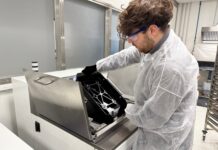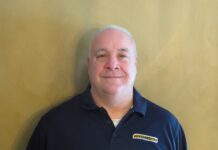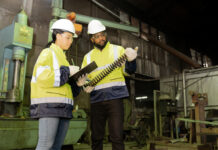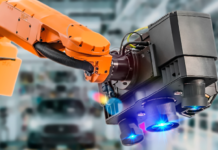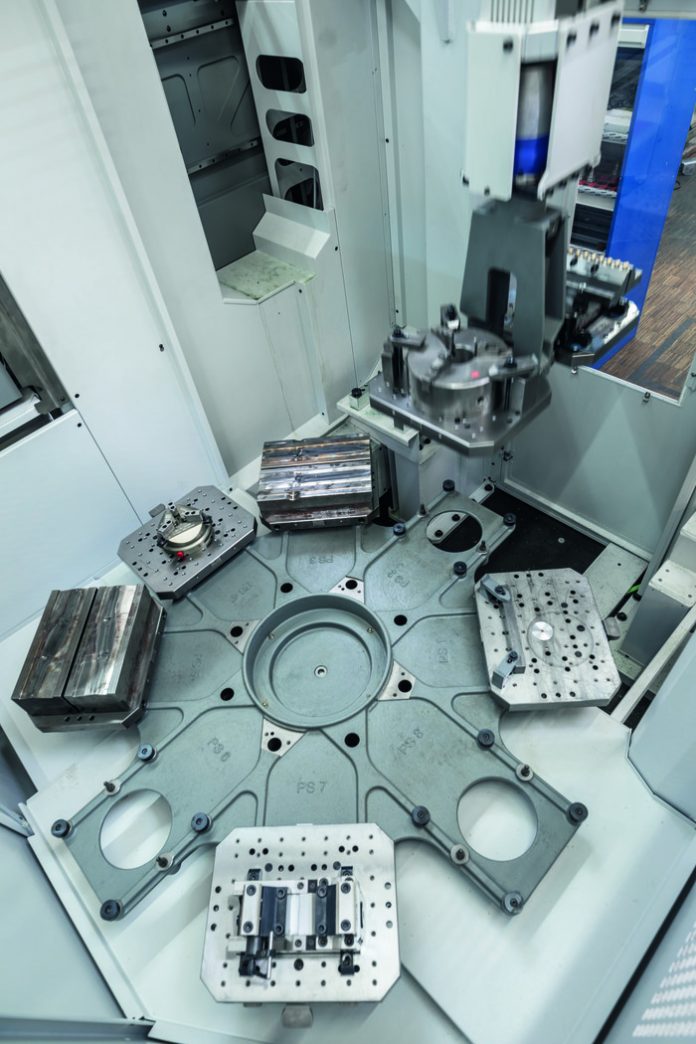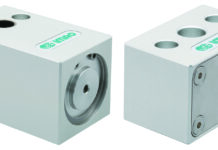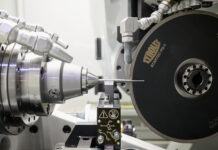Today, the WMF Group, which was founded in 1853 as Metallwarenfabrik Straub & Schweizer and has been part of the French SEB Group since 2016, represents the best in cooking, drinking and dining. More than 2,200 employees at the Geislingen headquarters and the nearby Hayingen plant alone are engaged in the development and production of high-quality cookware and cooking knives.
Many of these products are still manufactured through the primary and secondary forming of sheet metal blanks. The WMF Group manufactures most of the required tools in-house at its own tool shop in Geislingen. “For about 30 different knife models alone, we use between 100 and 150 die tools, each consisting of an upper and a lower tool made of hardened hot-forming steel,” explains Hans Brühl, Part Production and Tooling Technician at WMF. To guarantee consistent high product quality, the mould makers have to rework the tools after roughly 3,000 strokes. This involves precisely milling and removing approximately 0.5 mm of material, a process that is possible up to fifteen times with the dies. “In the past, we performed all these milling and finishing operations on an HSC milling machine. However, this machine could only accommodate two dies at a time, which then had to be processed successively and in several time-consuming setups. As knife production in Hayingen increased, more dies were obviously needed and this led to capacity shortages,” says Brühl when explaining the situation at the time.
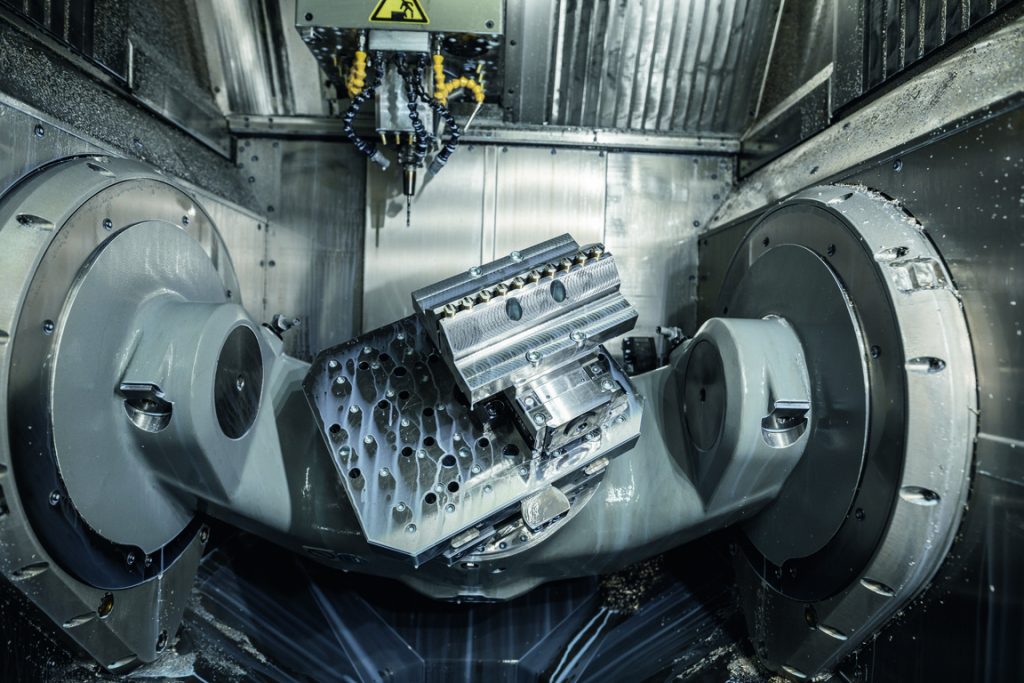
Demands: Best surfaces in the shortest time
An evaluation process, which included a series of tests to assess contour accuracy, precision and surface quality and to determine whether the specification of significantly reducing machining time for refinishing had been accomplished, saw the 5-axis machining centre C 22 UP from Hermle come out on top. A machining process developed together with Hermle led to some extraordinary results: Not only was the desired reproducibility of contour accuracy and surface quality achieved, the machining time was also reduced considerably. Thanks to the equipment of the C 22 UP machining centre, featuring an 11-fold PW 150 pallet changer, it is now also possible to rework the dies automatically, in other words during the night and at weekends. This means additional capacity is now available for processing internal and external orders.
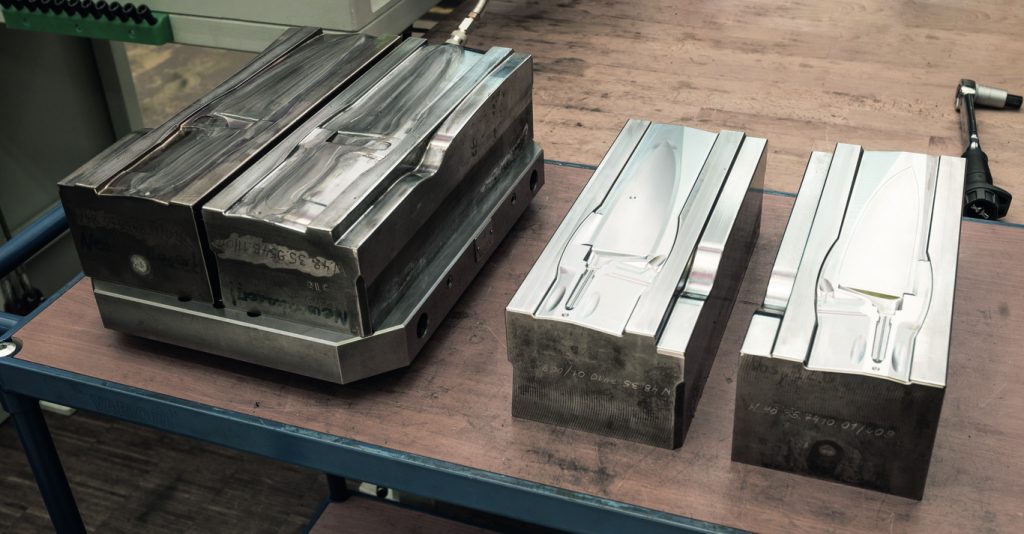
Proven: Twice as fast
The fact that the WMF Group’s tool and mould making division was able to achieve new levels of productivity is due, on the one hand, to standardisation of the dies. On the other hand, a self-developed pallet and workpiece clamping system with 4-fold bolting directly to the pallet and the automation provided by the PW 150 pallet changer have allowed machining to become significantly more efficient. Axel Spadinger, Head of Tool Engineering & Making at WMF Group GmbH, says in summary: “We were able to reduce the machining time by 50 percent and more when refinishing the dies. Since this work is generally carried out at night and over the weekend, we can therefore use the C 22 UP machining centre very flexibly during the day for all other machining operations. Combined with our know-how in tool and mould making, we are thus in a position to meet external customer needs on time.”
About Maschinenfabrik Berthold Hermle AG
Hermle AG is a well-known company with a leading position in national and international markets. Continuous innovations have made Hermle a leading manufacturer of machining centres. More than 25000 users throughout the world trust Hermle machining centres. A close-knit sales and service network guarantees a reliable partner on-site in all important countries of the world. Hermle machines are produced in Southwestern Germany in a region which has been the home of precision mechanics and machine tools for many generations. Hermle’s machining centres are used for efficient machining of tools, moulds and series-produced parts. Owing to their quality and high precision, they are used in numerous production areas, including in particular highly demanding sectors such as medical technology, machine construction, the optical industry, aviation, the automotive and car racing industries and their subcontractors.


